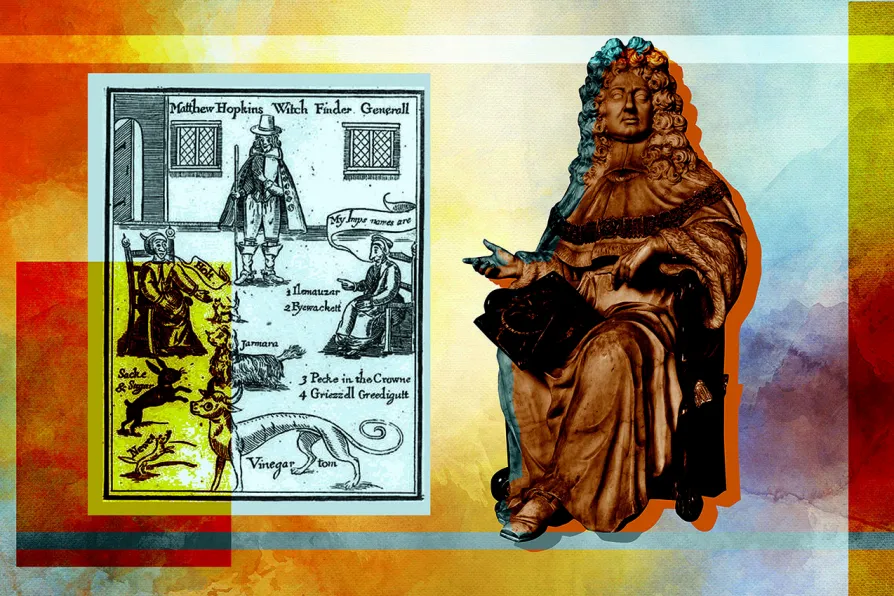As tens of thousands return to the streets for the first national Palestine march of 2026, this movement refuses to be sidelined or silenced, says PETER LEARY


BY THE 1680s, the law lay bleeding in England. City charters had been withdrawn and rewritten, political trials had broken the opposition to the Stuart crown, and a vast standing army was assembled upon Hounslow Heath in order to keep London down.
A new generation of young and highly ambitious lawyers, schooled in the ultra-royalism of the civil wars, had risen to prominence in the service of the restored monarchy and had offered their skills and rapier-like intelligences in the achievement of spectacular political gains through the control of the legislature and the law courts.
Foremost of these was Judge Jeffreys, who rose to become lord chancellor and whose name still resonates with cruelty in the West Country, whose rebels he hanged or transported as slaves to the Americas and the West Indies.

Former judge ANSELM ELDERGILL examines the details and controversy of Lucy Letby’s trial and appeal in the context of famous historical wrongful convictions that prove both the justice system and legal activists make errors

The heroism of the jury who defied prison and starvation conditions secured the absolute right of juries to deliver verdicts based on conscience — a convention which is now under attack, writes MAT COWARD

ANSELM ELDERGILL examines the government’s proposals to further limit the right of citizens to trial by jury

ANSELM ELDERGILL examines the legal case behind this weekend’s Tolpuddle Martyrs’ Festival and the lessons for today










